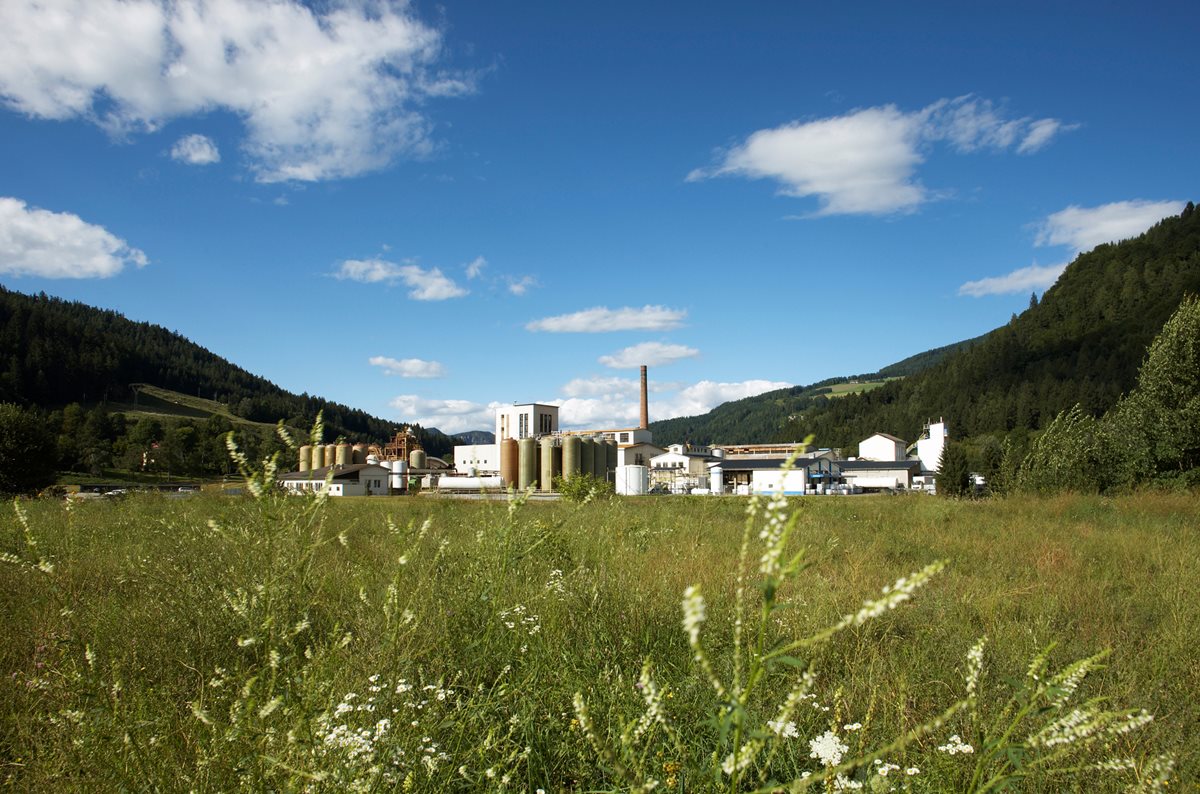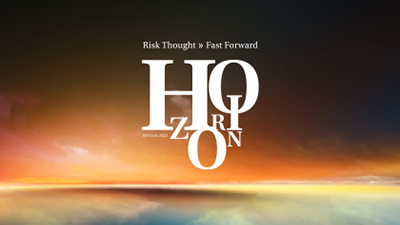Krystle Lippert, Strategic Sales Manager at GrECo in Austria, has spoken with Dr. Gerald Dums, Head of Purchase of Technical Equipment & Logistics at Donau Chemie AG about supply chain problems and procurement and logistics resilience.
The past years have shed light on the downsides of the very same globalization that has been responsible for stable economic growth for a long time. The consequences of recent negative events are disruptions in trade and supply chains, order backlogs, rising energy and transport costs, and more. Whether earlier events or most recent geopolitical developments, such as the war in Ukraine, nearshoring and so-called “glocalization” are now moving into our focus.
Lippert: Donau Chemie recognised the changing trend long before the pandemic and the supply chain problems that followed suit. Out groundbreaking works for a new plant in Pischelsdorf to expand the product portfolio already began in 2019. It is Europe’s first production plant for amidosulfonic acid. What brought about this decision and which role did short distances play for procurement and sales?
Dums: Short distances in procurement and sales and therefore proximity to customers are part and parcel of our corporate philosophy. Besides the quality and availability of our products, our customers really value our other pillars of success: our personal service, the short response and delivery times as well as our solid reliability.
Because of our customer proximity we knew that the European market cannot provide amidosulfonic acid and relies on Asia for deliveries. This triggered more research and eventually the erection of a new plant in Pischelsdorf. The ready availability of the raw materials and the perfect storage and distribution opportunity on site in Lower Austria positively impacted on the feasibility study.
Lippert: Since there are no similar plants in Europe for this core process, there must have been a huge influx of customers during the pandemic, especially since China still grapples with lockdowns. How important is procurement and logistics resilience for your customers?
Dums: During the feasibility study, we already received positive feedback from prospective European customers who signalled their keen interest in our idea to erect an amidosulfonic acid plant in Pischelsdorf. Increased flexibility due to shorter delivery times, more reliability and security of supply, no loss of quality due to long sea transport and rapid availability have become increasingly important for our customers, over and above a high product quality and more attention being paid to ecological aspects.
Furthermore, an additional European supplier also increases the procurement and logistics resilience of customers. The recent lockdowns showed the negative impact in a most dramatic way. Within days, goods were no longer available, means of transport became a scarce commodity, container vessels jammed harbours, and transport routes were closed. Customers desperately searched for goods and alternative transport facilities, at times to no avail.
Within weeks, the prices for the “white powder” skyrocketed. Building up new procurement and logistics resilience became the order of the day. The obvious dependence on producers and logistical flows supported our decision to plan and erect Europe’s only amidosulfonic acid plant in Austria.
Lippert: What is your experience with international competitors from Asia? How do your customers rate short-term availability vs. price?
Dums: The pandemic and the dispute between Russia and Ukraine have shown that the global flow of goods can quickly come to a halt, causing existential crises among customers. In the medium term, such crises will continue to have a significant impact on our world economy and dictate prices. That is why customers have shifted their focus on short delivery distances and a more stable (European) framework. We have used our strength as a local producer to our advantage and continued to provide our customers with important industrial chemicals despite tough conditions. Of course, product prices play an important role but reliable quality, supply security, flexibility, and short delivery distances have become crucial and decisive factors for customers.
Lippert: At the GrECo Risk Day we learned that logistics experts expect the complexity of supply chains to trigger a bullwhip effect. Do you share this view?
Dums: Yes, indeed. The global production and transport sector’s current complexity and dependency needs an optimal setting to work. Any change or deviation in the system will cause a ripple effect at all levels. The consequences have already become visible and may hold more surprises in store in the years to come. Planning, transparency, and the implementation of resilient systems coupled with forward-looking management qualities will certainly be helpful.
Lippert: If we consider that globalisation and the search for increasingly cheaper alternatives was placed higher on the agenda than local added value and short delivery distances, do you think this behaviour is a conscious decision made by customers or is it rather driven by politics?
Dums: The principles of a free market economy and globalisation have undoubtedly contributed to the wellbeing of our society. It has its merits and still applies. However, in my opinion, a critical evaluation and an adaptation to solve the global existential survival crisis – and thus protect our planet – are desirable and necessary. Political decision makers are key in determining the course for future economic areas and the habitat we live in. The creation of long-term sustainable wealth must be our common top priority. The restructure of economic areas, transport routes and supply chains can contribute a lot in this regard. Our project for a new amidosulfonic acid plant serves as a prime example.

Donau Chemie plant in Brückl, Carinthia
Lippert: Considering Europe’s energy crisis, does Donau Chemie also plan to erect new plants at new locations, and is Europe still an attractive manufacturing market?
Dums: Donau Chemie relies on organic growth. Over and above that, we are evaluating possibilities to expand our portfolio – like we did when we decided to bring the amidosulfonic acid production back to Europe – and tap into new markets. Alone in the last two years, we invested about EUR 35 million in our plant in Brückl in Carinthia. We erected a new distribution warehouse and filling facility, a new synthesis with heat extraction as well as a salt treatment facility for solar-dried sea salt.Container ship crews – mostly Asian – were no longer allowed to board or leave a vessel. Container ports came to a standstill, and the entire cycle of transporting and shipping goods was bogged down – until today.
Lockdowns which blocked the global economy ensued. As the restart did not take place simultaneously, the world economy struggled to restore its rhythm. Add to that the war, following Russia’s invasion of Ukraine. While Ukraine has become the main supplier of raw materials and intermediate goods for many industry sectors, the Western world saw itself forced to act by imposing sanctions on Russia.
Sanctions, not only harm Russia’s economy in the medium and long term but which negatively impact the energy supply chains of the Western world in the short term.
About Donau Chemie:
The Viennese based company counts among the largest in the chemical sector. It produces and distributes base chemicals such as clorine, sodium hydroxide solution, hydrochloric acid or calcium carbide, manufactures application-specific compounds, and produces and distributes activated carbons. Donau Chemie products are mostly found in consumer goods in the field of cosmetics, household and technology.
Related Insights
Sustainable Construction Articles Series
We invited stakeholders along the value chain to shed light on their strategies, new success models, opportunities and risks in the fight against climate change as part of a mini-series on the topic of “sustainable construction”.
Is Water Scarcity Dangerous for the European Food Industry?
The risk of water scarcity is one of the key considerations in the risk management and ESG policies of food and agriculture companies. But where there’s acute risks, there are huge opportunities for change: Water scarcity concerns are driving innovation in the food industry and with members of the…
What decision-makers need to consider when it comes to ESG
Future-oriented action strengthens strategic resilience.









